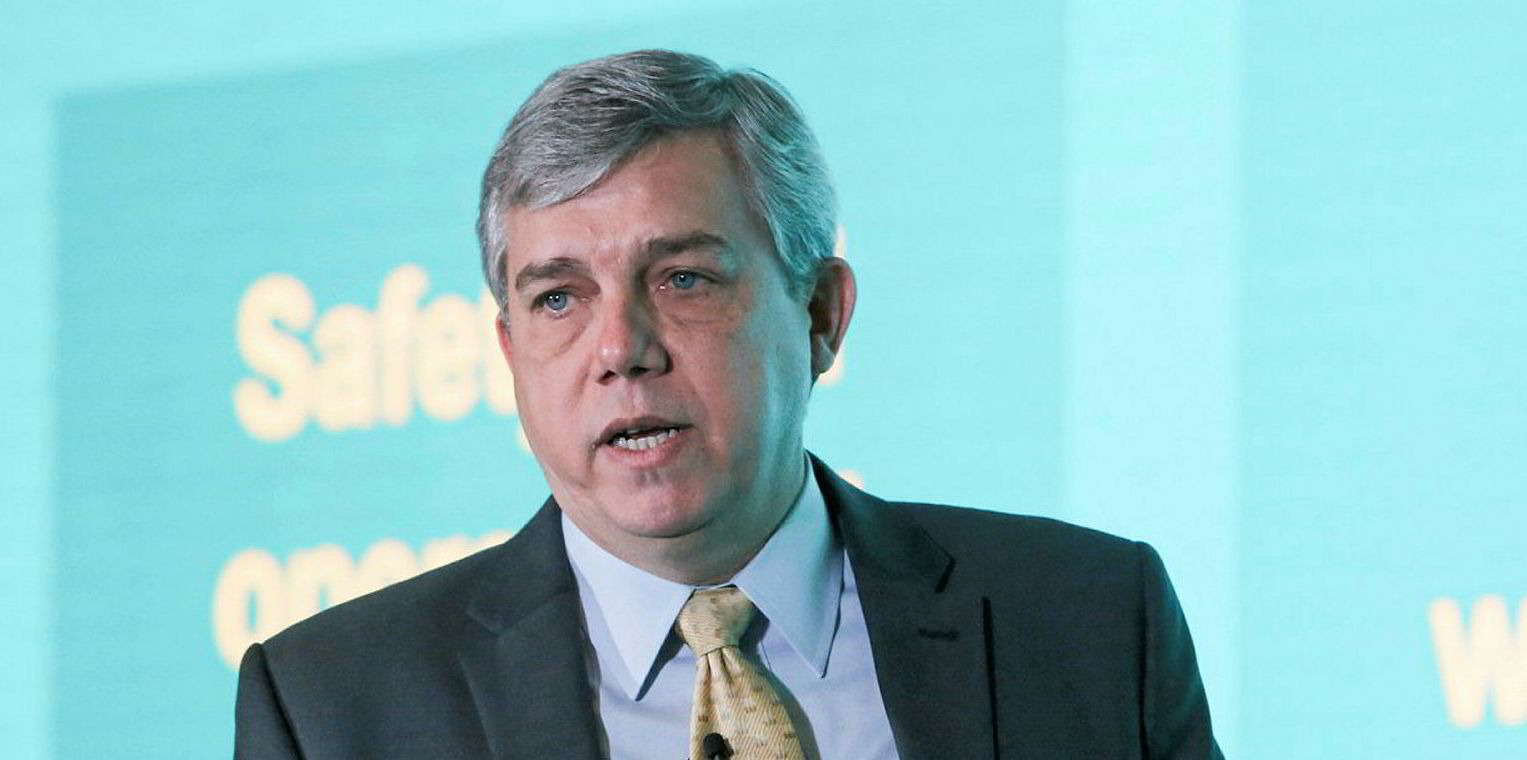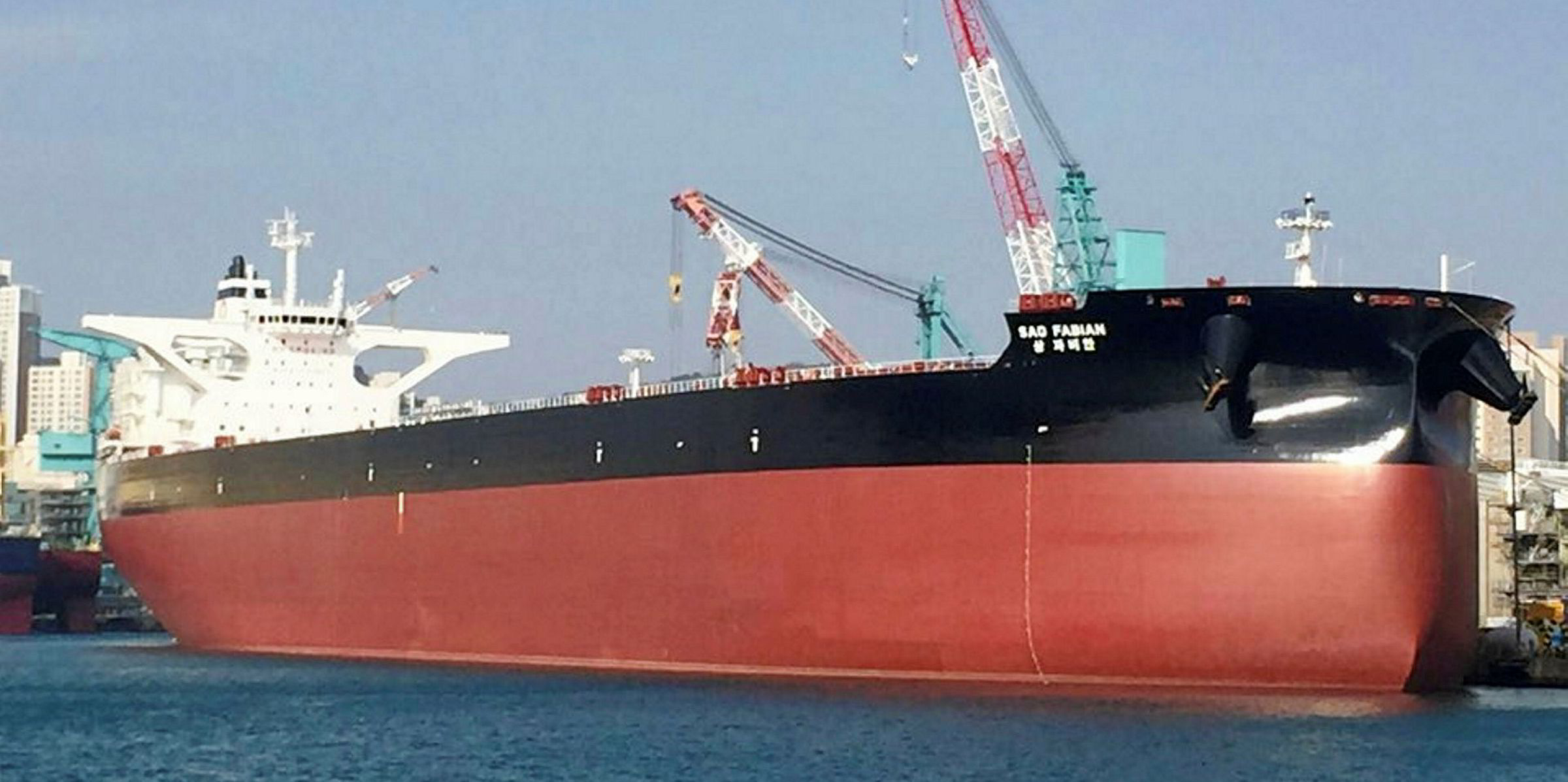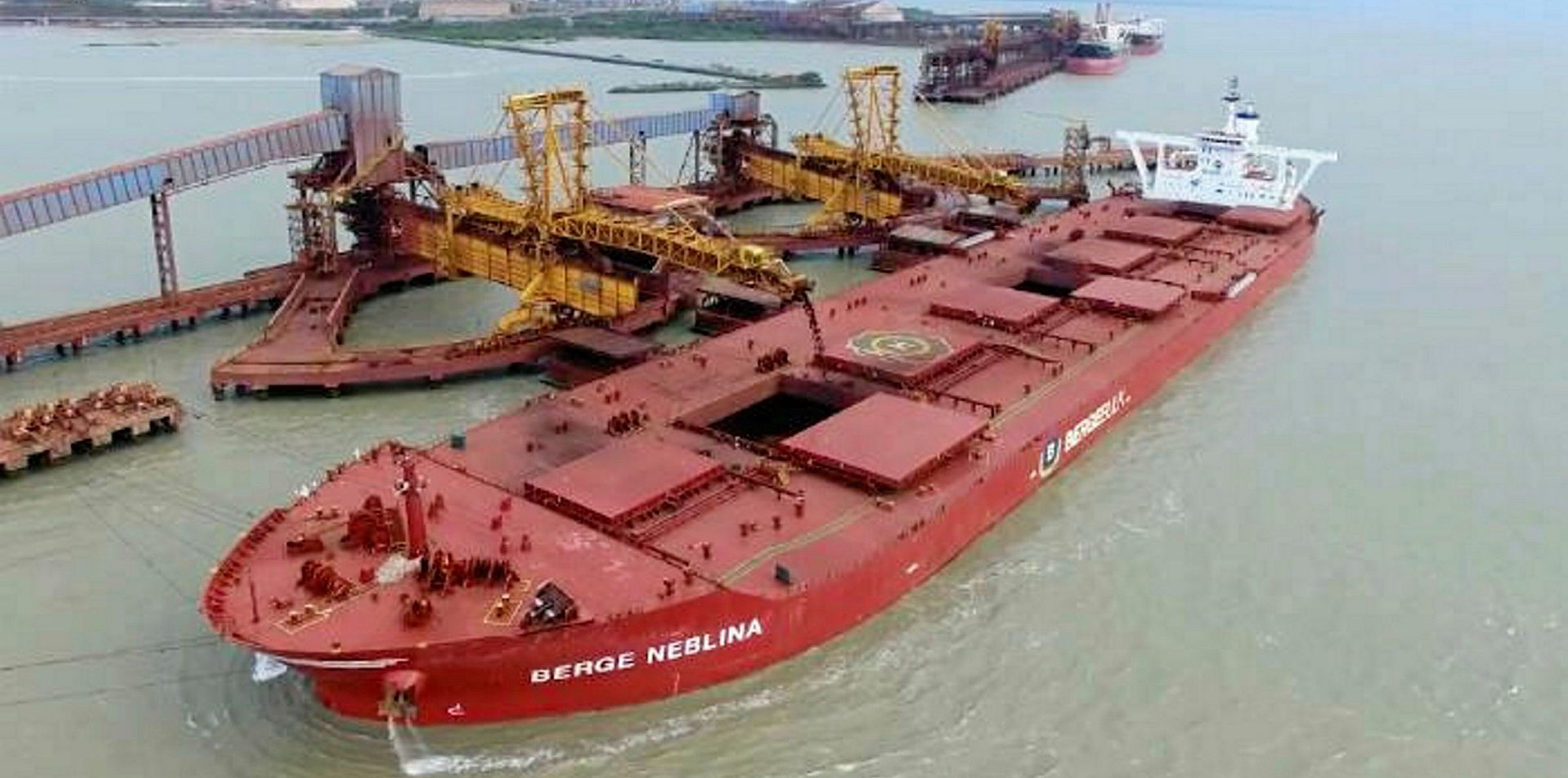Vale plans to shed up to 25 converted VLOCs from its operations in a move described as a “new risk management approach”.
The Brazilian mining giant said the vessels would be “phased out or substituted” either through early termination or by the amendment of existing contracts.
However, Vale did not disclose the identity of the vessels involved in the switch or the timetable for the changes to its fleet.
In January, TradeWinds reported that Polaris Shipping was looking to sell up to 10 converted ore carriers employed by Vale on contracts of affreightment (COAs).
The ships, all built in the early 1990s, are reportedly to be replaced by chartered-in vessels and newbuildings that the South Korean shipowner has on order.
High fuel costs due to IMO 2020 were said to be the reasons for the plan, but other sources said the initiative was linked to safety concerns.

In March 2017, Polaris' 266,100-dwt converted VLOC Stellar Daisy (built 1993) sank off Uruguay in an incident that killed 22 of the 24-person crew.
Vale also disclosed that the bunker fuel oil had been safely removed from the 300,000-dwt VLOC Stellar Banner (built 2016).
The Stellar Banner ran aground after leaving the Ponta da Madeira Maritime Terminal in Brazil in February.
Vale said it was "supporting the shipowner" with technical-operational and preventive measures to also help remove the iron ore cargo from the Polaris vessel.
News of the plans to shed the converted VLOCs came as Vale reported worse-than-expected first-quarter results.
The company also warned that ongoing postponements to maintenance programmes could have a “significant effect on some operations”.
Vale plans to cut its capital expenditure this year to $4.6bn from $5bn, as the coronavirus pandemic has “made some construction and maintenance work unsafe”.
It added that more downward capital spending revisions were possible, but that such revisions should not be considered savings, as the expenditures may be carried over to 2021.
“Looking forward, Vale has postponed scheduled maintenance stoppages at many of its plants, which will hinder achievement of optimal production levels especially at base metals operations,” the company said.
It was not the first time that Vale flagged potential production and maintenance issues from the coronavirus outbreak. Earlier in April, the company revised down its 2020 production forecast across several divisions.






